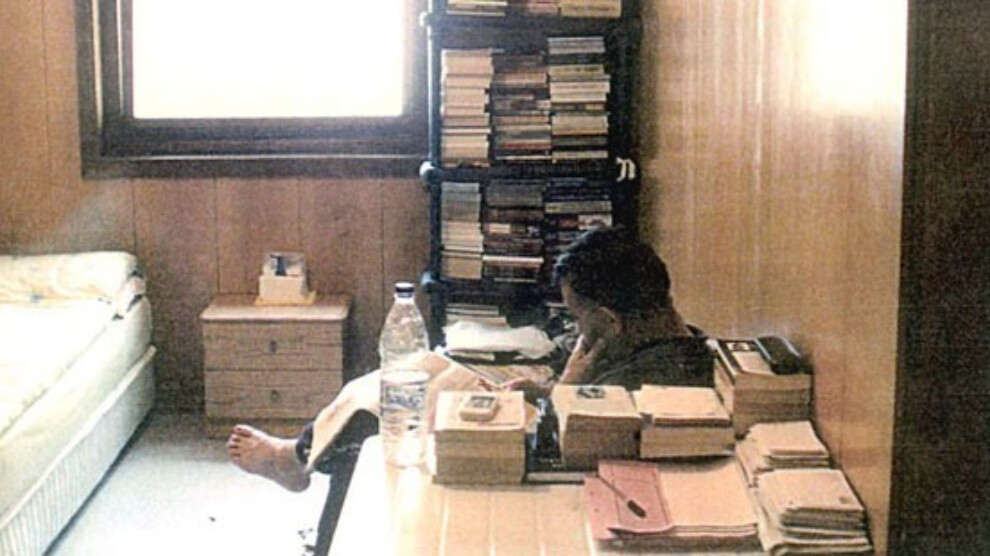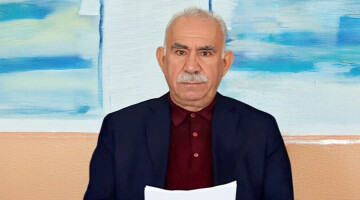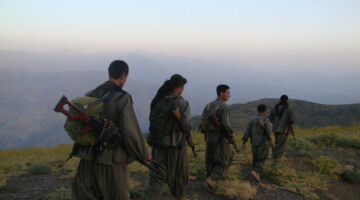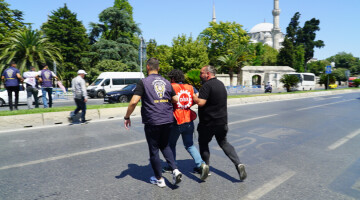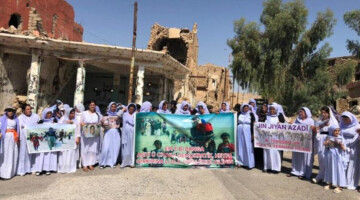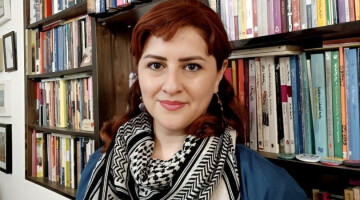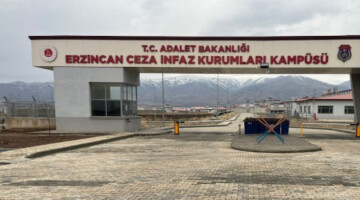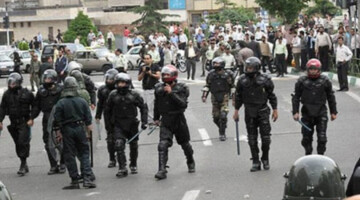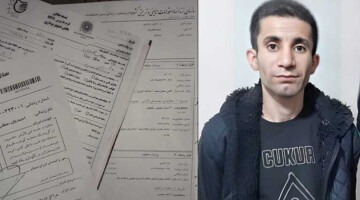15 February marks the 23rd anniversary of the international conspiracy against Kurdish leader Abdullah Öcalan in 1999 when he was kidnapped from Kenya's capital, Nairobi, and taken to Turkey. Öcalan has been imprisoned in Imrali island prison under strict isolation since then.
Lawyer Feysi Çelik from the Istanbul Bar Association, tells ANF about a special system of injustice that was installed on Imrali. He says that the way to end the isolationist policy that is spreading to the whole country is only viable by expanding the democratic struggle. Çelik underlines that the effect of the laws specifically enacted for Imrali is not limited to Abdullah Öcalan, but is increasingly being used against Kurds and against all those who want to exercise their fundamental rights.
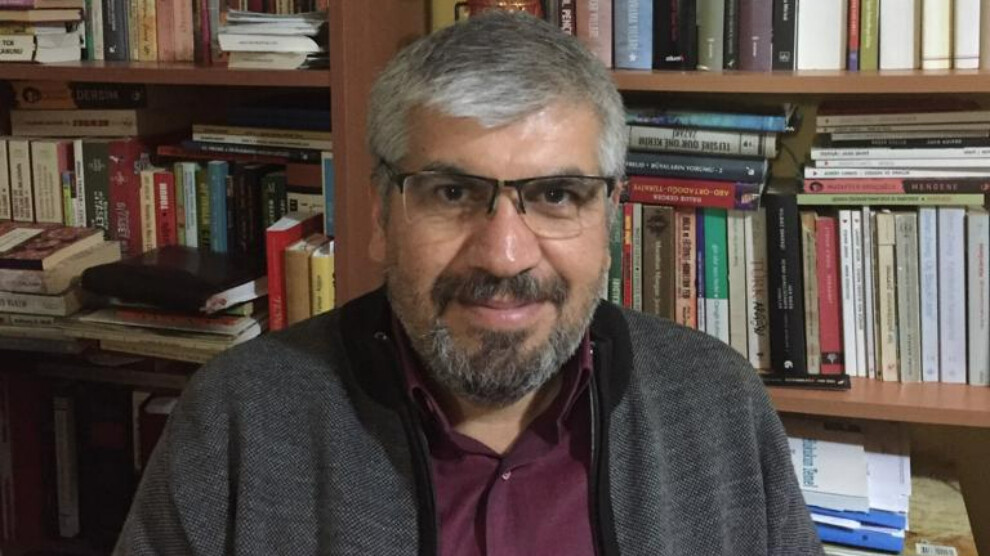
SPEAKING KURDISH FORBIDDEN ON IMRALI
Çelik pointed out that a different execution regime has been imposed on Öcalan and visitations of his lawyers and relatives have long been restricted. “It has been made compulsory for Öcalan to speak Turkish with his relatives and lawyers. The Kurdish leader is forbidden to speak Kurdish with his brothers who came to visit and spoke Kurdish with him for years. According to this regulation, he is also deprived of the right to make phone calls and to name three people other than his relatives as visitors. Although an application was submitted to the Council of State for the annulment of this regulation, the Council of State decided to reject it unlawfully.
DISCRIMINATION IS ENORMOUS
“A serious discrimination can be discerned when the de facto prohibitions outside of the existing laws and regulations are considered. The continuation of this situation, which is related to the Kurdish question, reveals the state's mentality,” the lawyer noted.
WAITING FOR DEATH IS TORTURE
In times when the death penalty was still in the law, it had to be confirmed by parliament. If it was not confirmed, the sentence had to be commuted to life imprisonment, recalled Çelik and continued: "Those who served a certain time could benefit from a conditional release. At that time [when the death sentence was imposed on Öcalan and then commuted to life imprisonment], there was no such punishment as an aggravated life sentence under the law. Since punishments cannot be applied retroactively against a person after the law has changed, it would not be possible to apply this rule against Öcalan or people in a similar situation. All forms of discrimination are prohibited within the framework of the penal system and cruel, inhuman, degrading and humiliating behaviour must not take place in the implementation of punishment and security measures. In this sense, depriving a person of the right to social contact, depriving him of the right to hope for freedom, depriving him of the possibility of reviewing, and leaving him solely to await death in custody, amounts to nothing less than torture."
POLITICAL MOTIVATIONS
Çelik underlined that the aggravation of the isolation of Öcalan is political. “Öcalan is a political person and holds an important position in politics. He is kept in isolation and prevented from playing his role as a political figure. Despite the aggravated isolation, Öcalan remains a significant political figure. His views are known, he has an enormous body of writings. Most importantly, he has spent 23 years on Imrali without being engaged to anyone. He neither possesses property nor owes to anyone,” he pointed out.
The lawyer concluded by saying: "There has been no news from him for eleven months. The responsible ministry officials have not commented either. As things stand, there is no sign that the isolation could be lifted. Moreover, it is not enough to lift the isolation for Öcalan to play his political role. The right to freedom and security must also be ensured. The isolation imposed on Öcalan cannot be thought of independently from the crackdown on the Kurdish society and democratic public. Therefore, it is necessary to raise the democratic struggle.”

